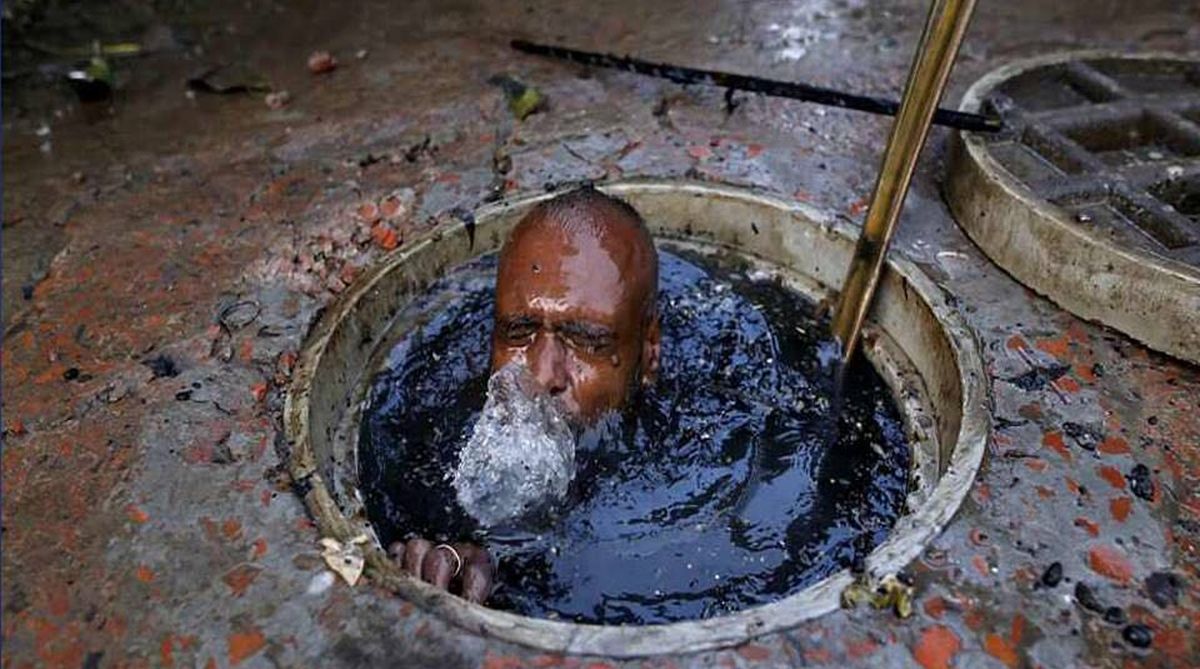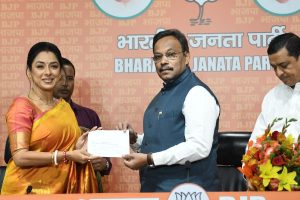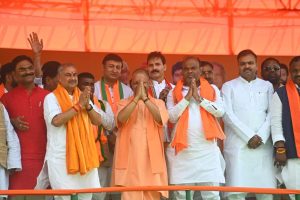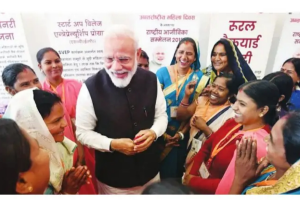Manual scavenging, a caste-bound practice of people cleaning human excreta by hand and the practice of cleaning sewers and septic tanks, is still in vogue in Odisha with 230 manual scavengers identified carrying out the age-old source of occupation identified in the coastal State
In accordance with two surveys conducted between 2013 and 2018, Odisha accounts for 230 manual scavengers out of 58,098 in the country, the minister of State for Social Justice and Empowerment Ramdas Athawale told the Lok Sabha yesterday.
The scheme for Rehabilitation of Manual Scavengers which is being implemented under the Prohibition of Employment as Manual Scavengers and their Rehabilitation Act (PEMSR), 2013 has been evaluated in the year 2017-18 and 2019-20. All the identified and eligible 58,098 manual scavengers including 230 from Odisha have been paid one-time cash assistance of 40,000 directly into their bank accounts, the minister informed the upper house.
Besides, 16,057 manual scavengers and their dependents have been provided with skill development training in various trades. 1,387 manual scavengers, sanitation workers and their dependents have been provided capital subsidy for self-employment projects, including sanitation-related projects, stated the minister.
The ministry has started giving health insurance cover up to Rs 5 Lakh to all identified manual scavengers and their family members under Ayushman Bharat Yojana added the minister.
While Uttar Pradesh (32473 )has the highest number of manual scavengers followed by Maharashtra (6325), Uttarakhand (4988), Assam (3921), Karnataka (2927) Rajasthan (2673), Andhra Pradesh (1793), West Bengal (680), Kerala (518), Madhya Pradesh (510), Tamil Nadu(398) Punjab (231), Jharkhand (192), Bihar (131), Gujarat (105) and Chhattisgarh (3), the minister concluded.











